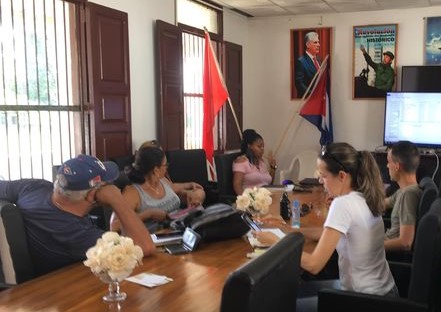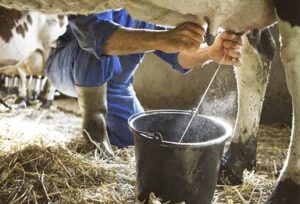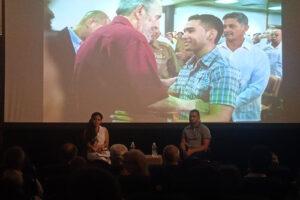Researchers from the Centro Centro de Ingeniería Ambiental y Biodiversidad, Ciba, based in Morón, confess that the lack of technological means as a result of the iron fist imperial blockade prevents more precise measurements, reduces the agility of the processes and makes the work more complex.
International journals undermine the validity of Ciba’s research because it does not use advanced technology in its experiments and laboratory analyses; to this must be added the abusive costs of publishing, which are impossible for Cuban institutions to pay.
The lack of resources makes it impossible to reproduce a greater number of plants to re-establish the vegetation on the coastal dunes and replace invasive species in the hotel gardens of the Jardines del Rey tourist destination.
However, in rustic conditions, thousands of plants native to coastal ecosystems have been conceived and subsequently planted on the sand mounds of the northern keys of Avila, with the aim of strengthening these structures, which are essential to reduce the impacts of natural disasters and climate change.
The researchers also agreed that another consequence of this hostile policy is the lack of fuel to travel to different work areas.
Similarly, the lack of technological resources hinders studies of hazards, vulnerabilities and risks, but they are making significant progress in this type of research to support socio-economic development with a risk perspective, which is a guarantee of sustainability.
Despite these negatives, Ciba continues to provide scientific-technical services to the business sector, carries out actions in different areas to increase the capacity to respond to climate change and is involved in the characterisation of ecosystems as part of territorial, sectoral and international projects.
The scientific sector is among the most adversely affected by the siege established by the US administration, but the country continues to support progress in this area, which is recognised as a pillar of development and national sovereignty.




